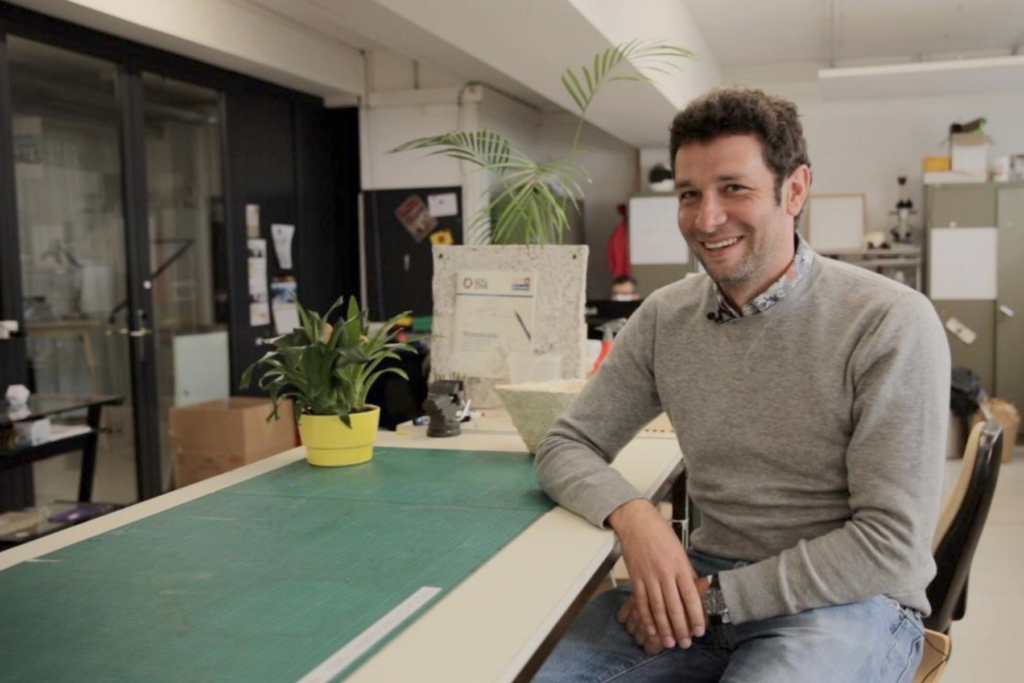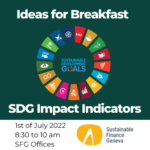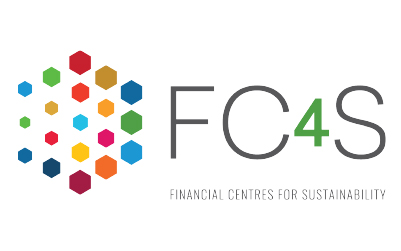
Open Innovation for Sustainable Finance
This past week the program for Building Bridges 2022 launched and it was announced that the Sustainable Finance Hackathon will once again be held in conjunction with the event. We took the opportunity to sit down with Thomas Maillart, the President of Open Geneva to learn more about how we can leverage open innovation to advance sustainable finance and to explore how the SFG community can participate in their upcoming Hackathon!
Tell us about you and your personal journey. What got you interested in Open Innovation?
I actually wrote my PhD Dissertation at ETH Zurich partly on the mechanisms of success in open innovation. One key result we found was that open innovation communities exhibit so-called productive bursts of activity, which can be related to punctual physical gatherings of members of these communities. Then, I organized my first hackathon in 2014 in collaboration with Swissnex San Francisco. I could then sense first-hand the tremendous power of collective intelligence.
Can you define Open Innovation and Hackathons for people in our audience who may not be familiar with the concepts? And how do these concepts apply to the SDGs?
The word hackathon is a contraction of “hack” and “marathon”, it is a 24-hour sprint to find practical solutions to outstanding problems through the mobilization of the collective intelligence of people with diverse expertise and cultural backgrounds. The Sustainable Finance hackathon is a special moment, which gathers people interested in advancing sustainable finance, in a highly motivating and playful environment with no judgment.
How did you and your team come up with the idea for the Sustainable Finance Hack in Geneva?
As the success of Building Bridges has demonstrated, the private, public and international institutions in Geneva have a unique collective advantage to promote sustainable development through finance in Geneva, in Switzerland, and globally.
The Sustainable Finance Hackathon (#SFH22) was initially commissioned by the Canton of Geneva to boot a community of problem solvers in sustainable finance, bridging the private, academic and international organization sectors. Beyond community building, the goal is to promote the collective development of bold innovations, which in turn may continue their journey as entrepreneurship (e.g., impact startups, not-for-profit organizations), intrapreneurship, or scientific research projects based on concrete needs.
How important is it for you to bring an interdisciplinary approach to sustainable finance?
The organization of the #SFH22 hackathon is highly conducive to unleashed creativity and quick, yet intense self-learning. It also fosters building long-lasting friendly horizontal collaborations across organizations by doing together and by removing usual hierarchical, institutional, and intergenerational barriers.
This year the SFH 2022 will be in its 4th edition, what are key learnings or improvements you have had over the years?
For the past 4 years, we have been promoting and explaining the strengths and opportunities offered by the hackathon format to all types of organizations. We have been lucky enough to have many great local institutions around the table who have trusted us. Those who participated are now convinced of the added value of this way of collaborating. However, the hackathon experience is quite difficult to explain because it is above all to be experienced from the inside.
In 4 years, we have been able to improve the design of the event, test formats, with a fully online version in 2020, and improve the quality of our proposal thanks to our partner UNITAR, which allows us to provide a certifying learning part.
Also, in order to involve the academic world and in particular the students to participate, we have developed in 2021 a “hack manager” offer to give motivated students a unique opportunity to gain skills on the organization of the hackathon while creating privileged relationships with the participating organizations. The opportunity to live a first professional experience is very meaningful and very effective.
What are key topics in sustainable finance that remain untapped that you will be covering in your next SFH?
There are still many challenges to be met, and many different organizations want to use the hackathon as a neutral platform, ideal for exploring ideas, sparking collaborations, meeting new talent and recognizing that they need others to move forward.
All topics of sustainable finance are attractive and this year we will explore everything from financing the fight against plastic pollution to education in finance to the difficult equation between profitable investment and sustainability.
Intergenerational transfer and exchange of knowledge and ideas seem to be at the heart of your project, how do you think companies, especially financial institutions, could promote this exchange within their own organizational structures?
Through the active participation of people and organizations in Geneva and globally, the Sustainable Finance hackathon contributes to the emergence of novel innovations and concrete collaborations based on “do-together”, including with a generation of students in finance, management, environmental and computer sciences, who are eagerly willing to make the world a better place.
How can people get more information about the Sustainable Finance Hackathon?
The Sustainable Finance Hackathon 2022 will be held on October 7th and 8th, to close Bridge Building Week.
Submit a challenge before August 3rd, 2022
More information at https://sfh22.sparkboard.com/




